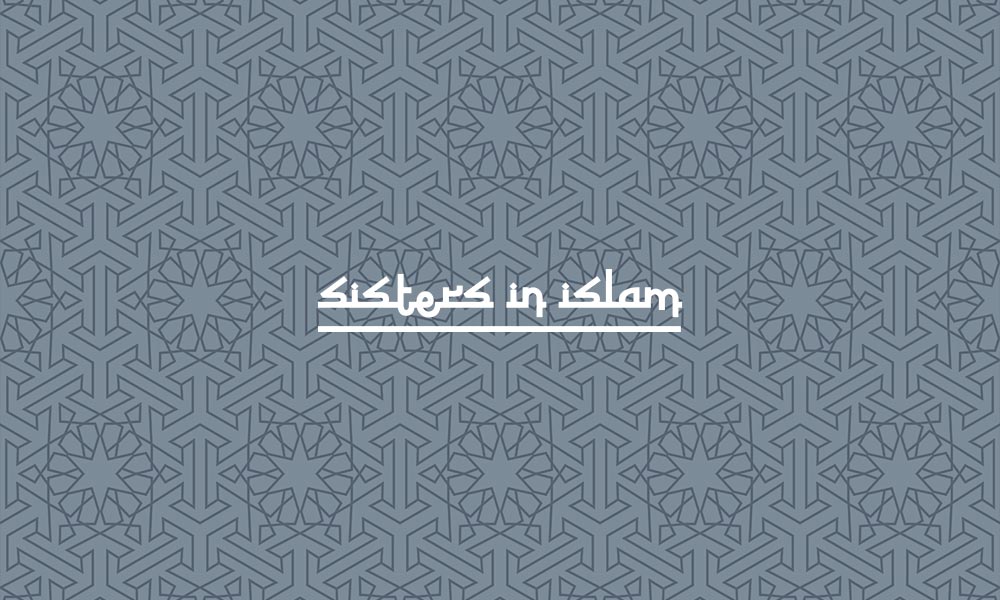KUALA LUMPUR: Malaysia should ban Female Genital Mutilation/Cutting (FGM/C), and work with health and religious authorities, and the community to end the practice immediately.
We appeal to the Malaysian Government to enforce laws that protect a woman’s right to bodily integrity and autonomy, ahead of the International Day of Zero Tolerance for FGM (Feb 6).
“It has been a year since the UN’s Convention on the Elimination of All Forms of Discrimination against Women (CEDAW) Committee criticised Malaysia for practising FGM/C,” said Sivananthi Thanenthiran, Executive Director of the Asian Pacific Resource and Research Centre for Women (ARROW), a regional NGO that champions sexual and reproductive health and rights of women and young people. “Committee members from Muslim countries like Egypt asked the Malaysian Government to revisit the 2009 decision by the National Fatwa Committee that made it obligatory, and urged the Government to abolish it.”
Rozana Isa, Executive Director of Sisters in Islam (SIS), said “Islam did not introduce circumcision of girls to the world. Circumcision of girls can be traced back to pre-Islamic traditions. Nevertheless, the modern Islamic world has made a clear stance that FGM, no matter how insignificant, has a clear harm factor and is categorically unIslamic.”
Dar al-Ifta al Misriyyah, which is among the pillars of the religious foundations in Egypt (and includes Al-Azhar Al-Sharif, Al-Azhar University, Ministry of Religious Endowments, and Dar al-Ifta al-Misryyah), had declared all forms of FGM, including female circumcision, to be religiously forbidden from May last year. The organisation said that banning FGM should be a religious duty of all Muslim countries due to its harmful effects on the body. Al-Azhar is considered the authoritative reference for Sunni religious authorities throughout the world, including Malaysia.
In February last year, the CEDAW Committee said that women’s rights had regressed in Malaysia, and urged the Government to abolish FGM, which takes place in certain Muslim Malay communities. At the Universal Periodic Review (UPR) in Geneva in November, the Women, Family and Community Development Ministry denied the practice of FGM, but said female circumcision was done on babies as part of a cultural obligation.
FGM refers to all procedures involving partial or total removal of the external female genitalia or other injury to the female genital organs for cultural or other non-medical reasons. The World Health Organisation (WHO) has identified four types of FGM (details below). In Malaysia, Type 4 – pricking, piercing, incising, scraping or cauterisation, is common, and reports indicate Type I – also called clitoridectomy, which is the partial or total removal of the clitoris and/or the prepuce, is also common as described by doctors engaged in the practice.
“FGM has long lasting physical and psychological effects on girls. Continuing the practice means further eroding Malaysia’s human rights record. We call on the Government to abolish the practice and implement the recommendations of the CEDAW Committee and the UPR. All Malaysian girls and women deserve to grow up free from harmful practices that endanger their health and well-being,” Ms Thanenthiran said.
In conjunction with the International Day of Zero Tolerance for FGM, ARROW will be part of a Facebook Live discussion, End female genital cutting globally: Activists in Conversation, on 6 February (Wednesday) at 2pm GMT. Hosted by the Orchid Project, a UK-based charity, the discussion will include activists from Sahiyo, an India-based NGO, the US, and Kenya, to discuss how action at the grassroots can be supported, to end FGC globally. The link to the event is http://bit.ly/2Fxoopf
Factbox: Types of FGM
According to WHO, Female genital mutilation is classified into 4 major types
Type I: Partial or total removal of the clitoris and/or the prepuce.
Type II: Partial or total removal of the clitoris and labia minora, with or without excision of the labia majora.
Type III: Narrowing of the vaginal orifice by cutting and bringing together the labia minora and/or the labia majora to create a type of seal, with or without excision of the clitoris. In most instances, the cut edges of the labia are stitched together, which is referred to as ‘infibulation’.
Type IV: All other harmful procedures to the female genitalia for non-medical purposes, for example: pricking, piercing, incising, scraping and cauterization.
About ARROW
The Asian-Pacific Resource and Research Centre for Women is a regional non-profit women’s organisation based in Kuala Lumpur, Malaysia. We have consultative status with the Economic and Social Council (UN ECOSOC) of the United Nations. ARROW strives to enable women to be equal citizens in all aspects of their life by ensuring their sexual and reproductive health and rights (SRHR) are achieved.
About Sisters in Islam
Sisters in Islam is a civil society organisation working towards advancing the rights of Muslim women in Malaysia within the framework of Islam, universal human rights principles, constitutional guarantees as well as lived realities and experiences of women.
For more information, please contact
Preeti Kannan
Media & Social Media Consultant,
ARROW +642102395127 (New Zealand)
Majidah Hashim
Communications Manager
Sisters in Islam +603 7960 5121
